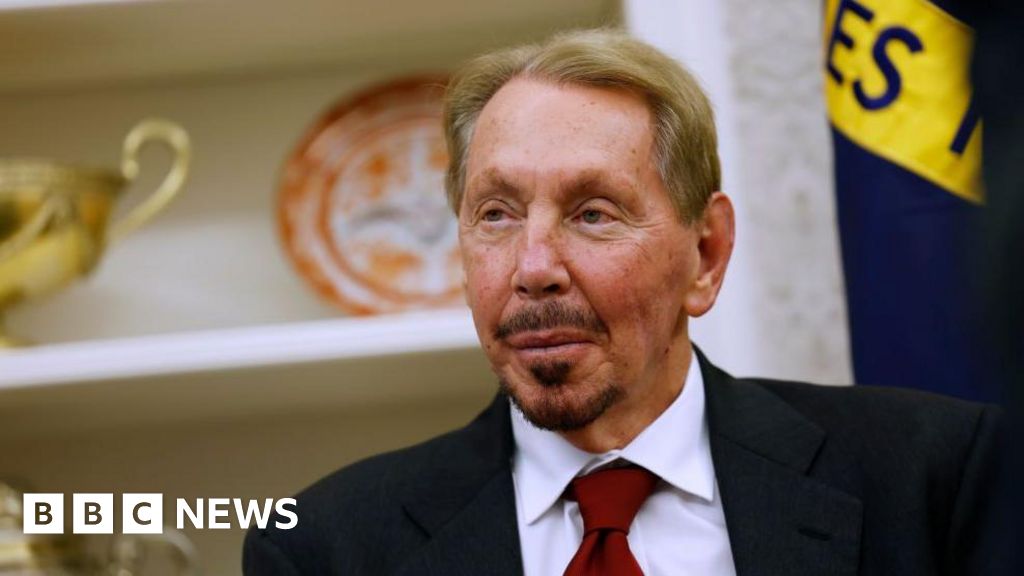Nuclear Fusion and the Future of Energy

Introduction
In a world where energy demands are constantly increasing, the search for alternative sources of power has become more important than ever. One of the most promising solutions is nuclear fusion, and according to Chris Wright, this technology will soon be able to power the world. With the help of artificial intelligence, the harnessing of the same energy that powers the sun and stars will become a reality.
The Potential of Nuclear Fusion
Nuclear fusion, the process that powers the sun and stars, has long been seen as a potential solution for our energy needs. However, the high temperatures and pressures needed to produce fusion reactions have posed a challenge. But with the advancements in AI technology, scientists are now able to better understand and simulate the complex processes involved in fusion. This has led to major breakthroughs in developing fusion reactors that can produce clean and virtually limitless energy.
The Future of Energy
The potential of nuclear fusion has been recognized by many as the future of energy. It is a clean and sustainable source of power that does not produce harmful emissions or long-term waste. With the help of AI, scientists are getting closer to achieving this goal and bringing nuclear fusion to the mainstream. This could have a huge impact on our world, providing a solution to our energy needs and reducing our reliance on fossil fuels. The future looks bright, and with the continued efforts and advancements in technology, we
About the People Mentioned
Chris Wright
Chris Wright is best known as the founder and Chief Executive Officer of Liberty Energy, a prominent oilfield services company specializing in hydraulic fracturing (fracking) operations[4]. A self-described “tech nerd turned energy entrepreneur,” Wright has built a career at the intersection of technology and energy, with experience spanning oil and gas, nuclear, solar, and geothermal sectors[4]. He holds an undergraduate degree in Mechanical Engineering from the Massachusetts Institute of Technology (MIT) and pursued graduate studies in Electrical Engineering at both the University of California, Berkeley and MIT[4]. Wright’s professional journey began with hands-on work in solar and geothermal engineering, later shifting to the oil and gas industry, where he founded Liberty Energy in 2011[3][4]. Under his leadership, Liberty Energy has grown into a significant player in the energy services sector, known for its focus on innovation and operational efficiency. Wright has also been involved in next-generation energy ventures, including investments in geothermal technology and a board position at the nuclear company Oklo[3]. Beyond his corporate roles, Wright is an active participant in the broader energy and climate conversation, frequently speaking on topics related to energy, climate, poverty, and prosperity[4]. He identifies as both an energy and climate “nerd,” reflecting a long-standing personal interest in the technical and policy dimensions of energy systems[3]. Despite his technical expertise and advocacy for diverse energy sources, Wright’s positions—particularly his leadership in the fracking industry—have drawn criticism from some environmental groups[3]. Recently, Wright has been in the public eye as a nominee for U.S. Secretary of Energy under the Trump administration, a nomination that highlighted his extensive industry experience but also sparked debate due to his ties to fossil fuels[3]. He continues to lead Liberty Energy, advocating for what he describes as pragmatic, technology-driven solutions to global energy challenges[4]. Wright is based in Colorado, where he is also known for his outdoor pursuits and community involvement[4]. His career exemplifies the complex interplay between entrepreneurship, technology, and energy policy in contemporary America.















